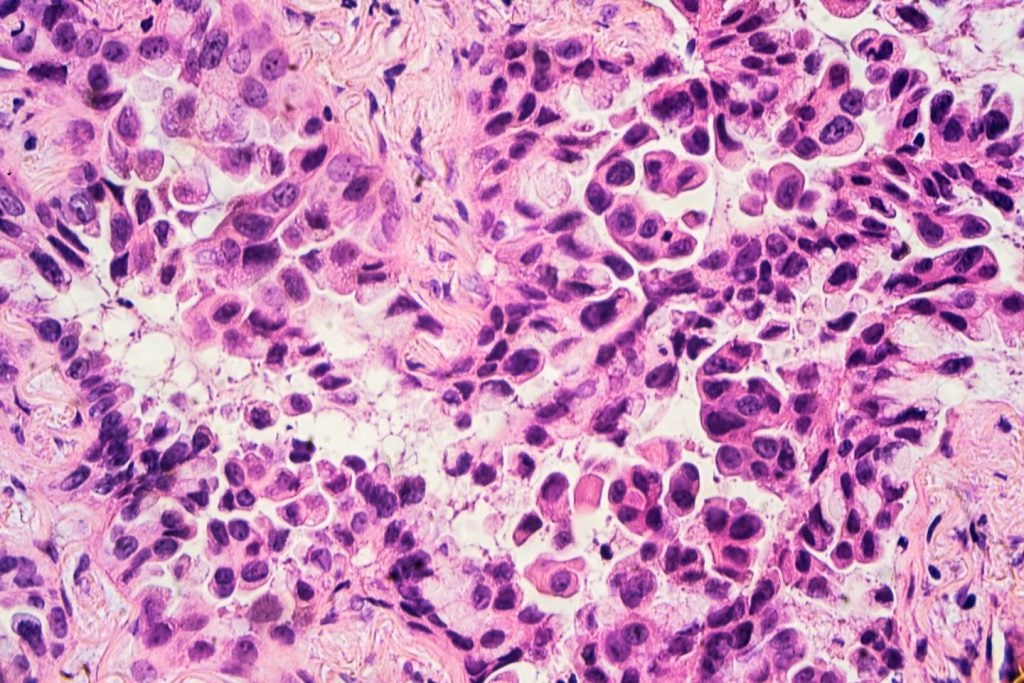
A team at Johns Hopkins University School of Medicine have created a test known as the EsophaCap, which could provide a simple and inexpensive screening method for oesophageal cancer.
The research was led by gastroenterologist and professor of medicine and oncology Stephen Meltzer, who has devoted his career to the detection and prevention of oesophageal cancer. A research paper detailing the study has been published in the journal Clinical Cancer Research.
Oesophageal cancer causes more than 400,000 deaths around the world annually and there are nearly half a million new cases each year. There is currently no efficient, reliable method of screening for the disease so when patients develop detectable symptoms it is often too late to provide effective treatment.
The EsophaCap works by using specific genetic biomarkers to detect dangerous changes in the cells that line the inside of the oesophagus.
The published article details how during the test a patient must swallow a small capsule with a long string attached to it. It only takes around a minute for the capsule to go down the oesophagus and into the stomach, where the capsule’s gelatine coating begins to dissolve.
When the gelatine has melted, a 2cm polyurethane sponge, still attached to the string, appears. Most of the string is still hanging out of the patient’s mouth. The clinician administering the test is then required to gently pull the string and remove the sponge from the patient.
How well do you really know your competitors?
Access the most comprehensive Company Profiles on the market, powered by GlobalData. Save hours of research. Gain competitive edge.

Thank you!
Your download email will arrive shortly
Not ready to buy yet? Download a free sample
We are confident about the unique quality of our Company Profiles. However, we want you to make the most beneficial decision for your business, so we offer a free sample that you can download by submitting the below form
By GlobalDataOn its way back up, the sponge comes into contact with the entirety of the oesophagus and can collect genetic material along the way. Once the sponge emerges, it is loaded with genetic material that can provide information regarding the patient’s oesophageal health.
The sponge is sent to a company that performs simple genetic tests to determine the patient’s risk of developing oesophageal cancer.
Meltzer said: “Early detection is the whole ballgame when it comes to oesophageal cancer. Patients have a much better chance to treat it, or even prevent it if they know their risk. We believe this little sponge can bring easy and inexpensive screening to people around the world.”
The five-year survival rate for patients with cancer confined to the oesophagus is 43%. When it spreads locally, that rate falls to 23%. Oesophageal cancer that spreads to distant parts of the body is known to have a five-year survival rate of only 5%.
Both endoscopy and biopsy can be used as screening methods but are said to be inexact, expensive and reliant on random tissue samples, rather than material from the whole oesophagus lining.
Meltzer said: “It’s actually possible to miss early cancerous cells using endoscopy with biopsy and most patients with Barrett’s don’t ever undergo endoscopy. Right now, we’re confident that we have the tools to identify this type of cancer.
“But we previously lacked a way to collect enough genetic material to confidently determine a patient’s diagnosis. We believe that EsophaCap now provides a solution to this serious problem.”
Meltzer administered the EsophaCap test to 94 people over the course of the study. Exactly 85% of subjects were able to swallow the capsule and there was a 100% success rate of sponge retrieval. There was reportedly no endoscopic evidence of bleeding, pain, trauma or other adverse reactions to the test.
In the journal article, Meltzer revealed that nearly half of the patients who swallowed the capsule were diagnosed with Barrett’s oesophagus, a premalignant condition that can develop into cancer. He noted that most patients enrolled in the study were already undergoing treatment for gastrointestinal symptoms.





